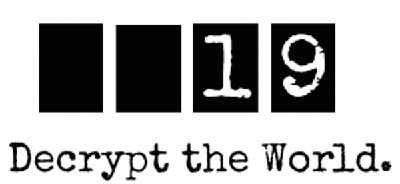High-level Institutional Fraud Investigations
Unlike due diligence investigations, fraud investigations are by definition reactive, and are triggered when an incident has already occurred. The specific focus of a fraud investigation depends on the nature of the fraud itself, since high-level institutional frauds come in many different varieties, such as:
- Supply-chain or distribution fraud: Rogue employees or providers in procurement or sales, sometimes with the collusion of senior local management, manoeuvre to position substandard or even fictional suppliers and distributors into the victim company’s value chain for personal gain, skimming off illicit profits from deliberately inflated contracts. Corruption and conflict of interest are almost always also involved. Bidding fraud is a sadly lucrative sub-variant in the construction and heavy engineering sectors, in particular.
- Intellectual property fraud: The victim company’s proprietary designs, recipes, formulas or trade secrets are misappropriated and used by criminals to produce cheaper knock-offs, with often grave consequences for the reputation and financial health of the victim company, not to mention society at large. IP fraud necessarily covers all manner of piracy, leading to a common misconception that it is perpetrated by B-grade street toughs for paltry profits – whereas in reality IP fraud is all too often authored by highly qualified insiders in the victim company itself, for stakes worth tens or even hundreds of millions of dollars.
- Joint-venture fraud, whereby unscrupulous JV partners especially in jurisdictions with a weak rule of law manoeuvre to misuse the investments of the victim company, and often end up pushing it out of the market altogether after having exploited its brand and (all too often) purloined its intellectual property. This may involve multiple variants around supply-chain, distribution or IP fraud, with a nasty side of embezzlement, intimidation, harassment and violence sometimes thrown in for good measure. Illicit competition fraud is sometimes a naturally occurring corollary.
- Capital markets fraud: Sophisticated fraudsters merge their skeleton of a company with a pre-listed entity on a foreign bourse, gain an instant and prestigious-looking public listing, and then lure investors with a flashy website, directors-for-hire and an endorsement by a major accounting firm which has only been shown a doctored set of accounts. In reality, the company has few or no assets and its founders are laughing all the way to the bank, or, in the bait-and-switch sub-variant, run a real and highly profitable company... over which the publicly-listed entity has no control whatsoever.
These scenarios are also, incidentally, just some of the dangers that a good Investigative Due Diligence can help you guard against.
